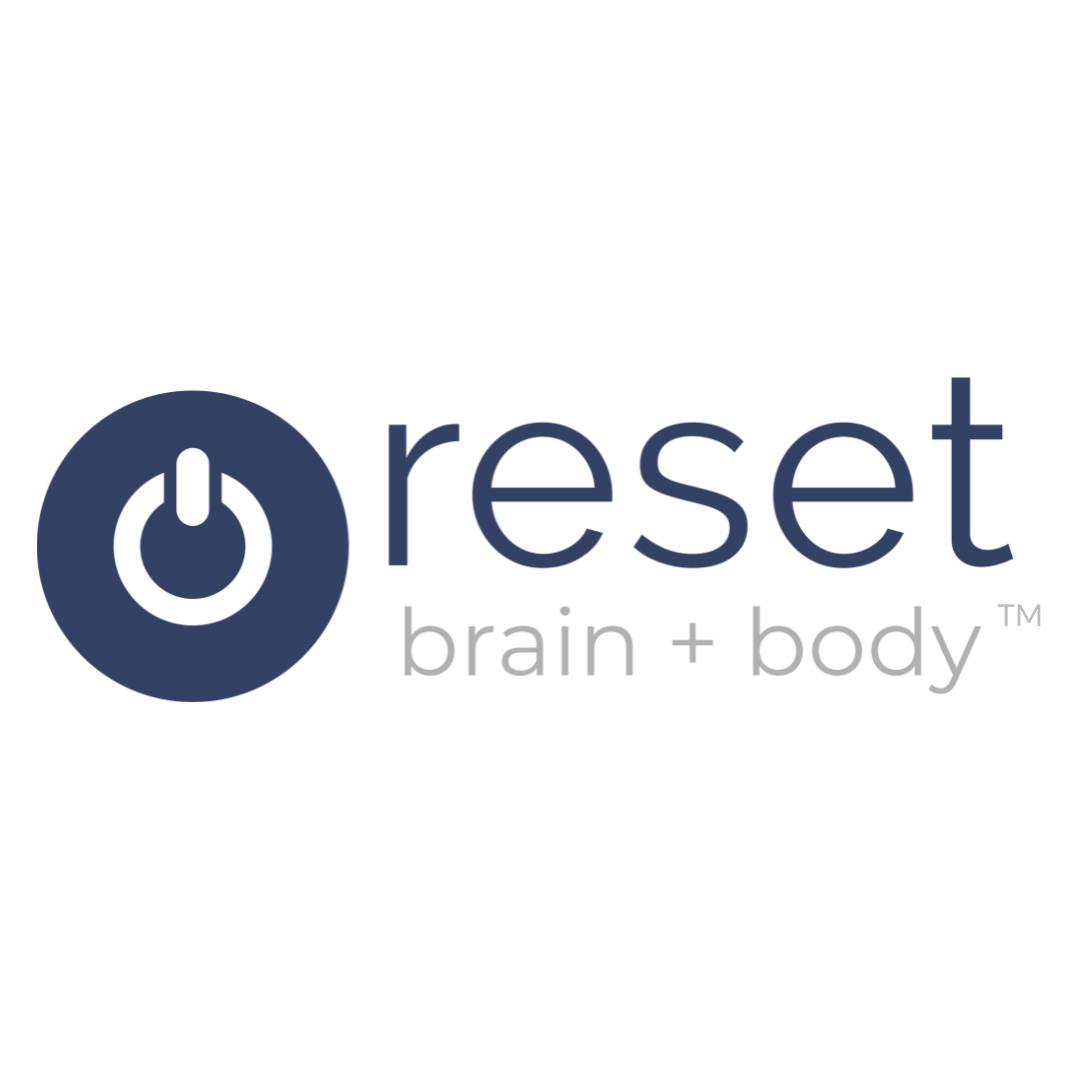Why We Quit - The Science of Habits
Hi. Welcome to 2021, where things still feel chaotic.
A lot of you are struggling with 2021 not looking like the glamorized new year we hoped for. I get it. And, as cliche as it is, almost every person I’ve talked to so far into 2021 is trying to start a new habit. Something we actually can control. Myself included. It’s got me thinking about why we end up in these cycles of starting and stopping routines, habits and self-care practices.
TOOLS
You’ve heard probably many times that a habit takes 10 days. Or wait, 21 days. No wait, 60 days, to form. Habits do not take a certain amount of time. Habits take, well, habit.
There is a formula to a new habit: Reminder, Routine, Reward.
In order to build a new habit, we need to complete a habit cycle. The 3 R’s: Reminder, Routine, and Reward.
If you want to start drinking a gallon of water a day, you need a reminder to do so. That could be having a giant gallon water bottle on your desk all day. That’s not enough. You then need a routine of when you’re reminded to drink water because you are staring at it all day that you actually get up and drink it or fill it up. A simple process would be setting an alarm for every hour to drink 10 oz. From there, you then recognize the reward: increased energy, pride, satisfaction, clearer skin, better bowel movements, whatever.
As you think about the new habits you’re trying to set in this new year, follow the tool of the Reminder, Routine, Reward model. It’s not about days to set in, it’s about these 3 steps.
GRATITUDE
The reward is the part that we have to be open to when setting a habit. Through my own therapy I had a huge “ah ha” moment. I realized that all my self-care practices around diet and exercise were only treating a symptom. There was a reason they never lasted too long. I was focused on the wrong reward.
When I let go of the habit being in place in order to lose 10 pounds and instead focused on the reward of my mental health/transforming my anxiety, the habit stuck.
In seeing the shifts in my mental health as being more worthy and valuable of my commitment to myself, I was able to hold myself more accountable to maintaining the self-care habits.
Exercise, meditating, eating healthy and going to sleep at a reasonable hour was not just about my external appearance, it was about my internal experience. And that, I’m grateful to have figured out, is worth keeping a habit for.
INNOVATION
But why don’t habits stick?
You see, as humans, we like routine. Predictability is safe. Our brains like safety. Uncertainty is scary and hard and we avoid it. So structure, routines and habits are biologically supported.
But, we also have feelings, memories, trauma, and learned experiences. You know, what makes you, you.
And most personalities get bored with something, rebel and want to have fun/indulgence/spontaneity/freedom. This is especially true if we’ve lived with the learned messages that when you work hard you can play hard.
The “play hard” activities tend to be those that actually could be viewed as self-harm. Or, if it feels better, self-sabotage.
And why do we self-sabotage?
We have to look at the parts of ourselves that feel threatened by order, structure and routine. The parts that are the Life of the Party, the Hostess, the Foodie, the Runner, the Fun One, the Emotional Eater, the Rebel, the Not Good Enough, the Unworthy of Love... There are many, many parts that may feel threatened by healthy habits. If this is super interesting to you, I encourage you to work with your therapist to dig into these parts.
FEELS
So, the next step is then we have to ask the part of us that is threatened why it feels that way.
Is it a habit in itself that we have to break? One of celebrating hard work with “self-harm”? Is it because we continue to treat the symptom instead of the root issue through our self-care practices? Is it because we never actually learned to love ourselves enough to maintain a commitment to ourselves? Is it because we fear failure so much?
It could be all or any of that. What matters is self-awareness.
I hope in this new year, you commit to doing the work of taking control of your own thoughts, actions and behaviors.
In this absolutely uncertain world, it is ourselves we can learn to trust in.
Reset Brain and Body is an integrative mental health care practice. Our services include individual therapy, couples and family therapy, yoga therapy, play therapy, art therapy, and group programs and events. If there is anything we can support you with, please connect with us by emailing us visiting us on Facebook, or Instagram, or scheduling a session with one of our therapists.




